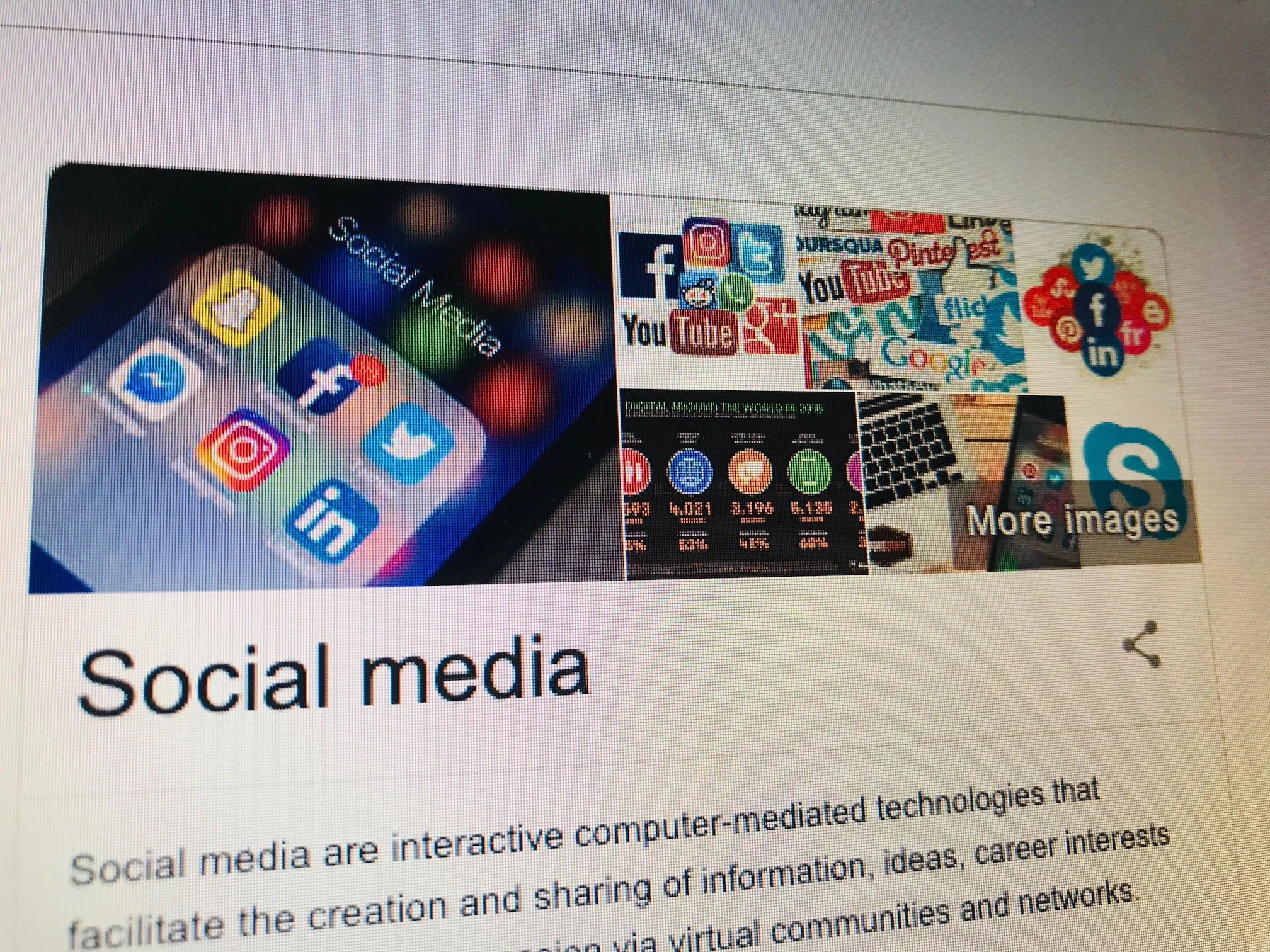There was recently a hearing in the US that contributed to an ongoing broader debate on the impact that social media and other online communities are having on people individually and society at large. Some of the more striking revelations concern the deliberate attempts by companies and developers to make products as addictive as possible in order to maximise engagement. In one passage, the popular ‘pull down to refresh’ feature on newsfeeds and the thrill of what may appear when the update is complete is likened to the handle on Las Vegas slot machines. The unending feeds of Instagram and Facebook are compared to bottomless wine glasses, never empty and always encouraging one more compulsive sip. When taken alongside new research that expresses concern over the increasing amount of ‘screen time’ and its effects on both physical and mental health, one could be forgiven for feeling anxious about the direction that these platforms are heading in.
Is Addiction a Disease?
There is a wider debate taking place too, about addiction. Is it a disease that is located in some imbalance in brain chemistry, or a consequence of something less tangible and subjective? Addiction is not always to the substance itself. Indeed, many people drink alcohol but not all of them become addicted, so there is another element at play. Likewise, not everyone who has tried cocaine or heroin are destined to a life defined by substance misuse, nor is everyone who pulls to refresh their newsfeed similarly destined for a life of compulsive behaviour. Why does one person become an alcoholic, for example, and their neighbour continue a life unencumbered by the misery and destruction that so often accompanies addiction? When an individual is addicted to a substance, it is easier to point the finger at the substance for having addictive properties. But this is harder when it comes to activities such as gambling, sex, pornography, or, more and more frequently, devices and social media. Is it the thrill? The chaos? What is it that people are addicted to in these cases? And what consequences does this have for treatment and prevention?
Psychotherapy as Addiction Treatment
Regardless of the outcome of the debate on the nature of addiction, there is no doubt that deliberately designing a product to encourage and exploit any addictive tendencies is unhelpful. Addiction is often, like many other forms of suffering, a symptom, an expression of something uniquely individual to each person, a way of mediating a lack or anxiety that predates the period of addiction. The form the addiction takes can be seen as symbolic or a repetition of previous experiences, but not always. Sometimes anything with addictive potential will do, because the aim is not so concerned with the substance itself, more the regulation of one’s own enjoyment and lack. It is always individual and we must be careful not to label something a disease, because in doing so we can easily miss the subjective part of addiction. Psychotherapy, and specifically psychoanalysis, places this individual subjectivity at the centre of treatment, and allows a space for the underlying, often unconscious, motivations to come to the fore, to be explored and understood, to ease the suffering that one feels in the grip of addiction or any other form of symptom.
Get Addiction Help
If you wish to speak to someone about getting help for addiction, or any other issue you feel may benefit from psychotherapy in South Dublin, then please contact us here.
